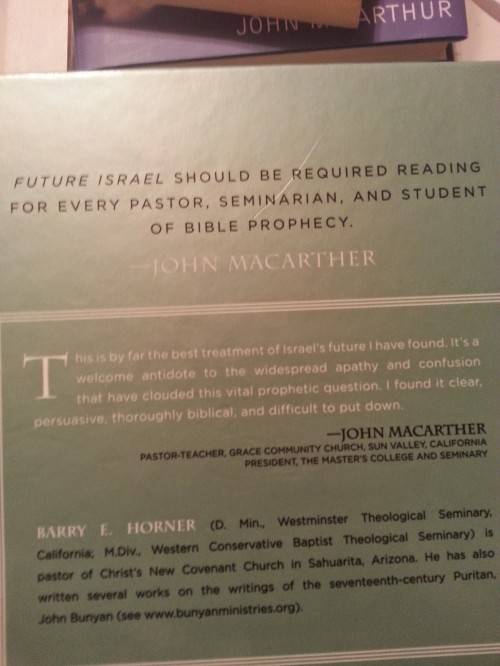 I’ve always thought it was kinda funny how Broadman and Holman literally had to paper over this error with a dust jacket in which MacArthur’s name is spelled correctly. This has been fixed in subsequent printings.
I’ve always thought it was kinda funny how Broadman and Holman literally had to paper over this error with a dust jacket in which MacArthur’s name is spelled correctly. This has been fixed in subsequent printings.
For years I’ve heard that proof-reading is dead. And I’ve said that spell-check will be the end of spelling given how many errors of word usage, etc. one can make without spell-check picking them up.
What kind of glaring printing errors of a similar nature have you found?